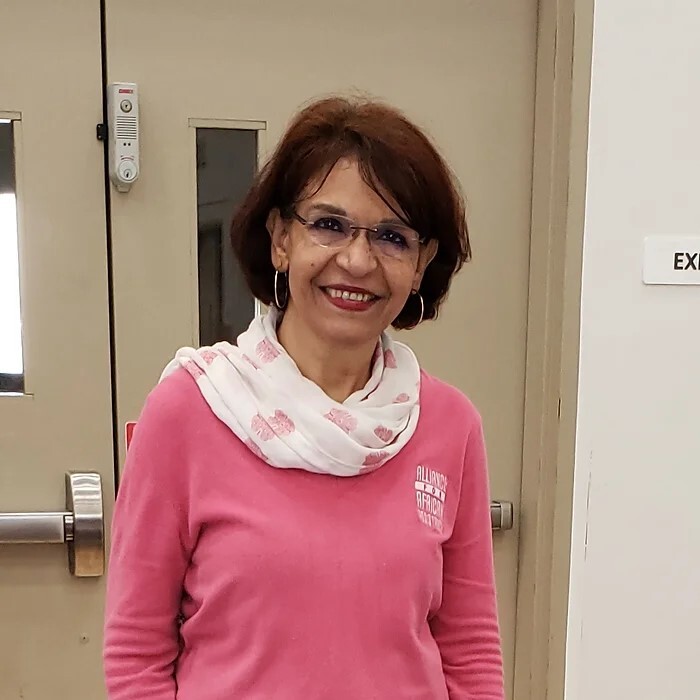1420 Kettner Blvd,
Suite 700
San Diego, CA 92101
(619) 860-2100

We are currently experiencing a global refugee crisis, with over 100 million people around the world who have been forced to leave their former lives behind to escape war, persecution, and instability.
Each year, thousands of refugees arrive in San Diego with the hope that they can somehow create a new life of safety and dignity without fear of persecution.
The transition can be extraordinarily challenging – many people arrive unable to speak the language and have no idea how to find housing, a job, or see a doctor.
For many of these refugees, the Alliance Health Clinic is a sanctuary where people can get medical care and much more. Affiliated with the Alliance for African Assistance, which provides resettlement services for refugees in partnership with the US State Department, the clinic is a primary care medical facility that ensures that refugees can receive basic primary care, mental health, and dental services as well as minor emergency services.
At the moment, the clinic is largely serving refugees from Afghanistan, Ukraine, Congo, Syria, Iraq and Sudan–populations that are currently suffering severe displacement.
In June, the Conrad Prebys Foundation announced that the Alliance Health Clinic would receive a $400,000 grant as part of the foundation’s initial grants under its new SHARE Initiative. The initiative provides unrestricted grants to health clinics that effectively serve communities needing improved health services – especially Indigenous, immigrant, and border residents. The initiative aims to ensure that excellent, culturally proficient healthcare is accessible to and in underserved communities. Grant recipients can use the funding in whatever way they think will be most effective for their organizations and the communities they serve.
For Executive Director Simin Khadivi, who was forced to flee Iran in the 1980s, the secret to serving her patients is to find ways to build deep relationships with them.
“Trust is very important here,” she said. “About 95 percent of our staff are former refugees themselves and they understand what our patients are going through. Patients come here to the clinic and we gain their trust. They treat us like a family member, and they count this as their second home.”
The feeling is mutual. The Alliance’s founder and CEO Walter Lam, a refugee from Uganda, frequently attends parent-teacher conferences on behalf of his patients, and Khadivi is often invited to attend graduation ceremonies.
The SHARE Initiative funding comes at a moment when the need for services has never been greater. Khadivi hopes to use the funds from their SHARE Initiative grant to open their dental clinic for an additional day per week, noting that dental care is extremely expensive, and that many patients arrive never having seen a dentist.
They also plan to extend their primary care clinic to a fifth day per week. This would help them as they seek to qualify as a Federally Qualified Health Clinic (FHQC), which would unlock additional federal funding.
After learning about the great work of the Alliance, it’s not hard to imagine the role that philanthropy can play in continuing to improve care across the community. Khadivi’s Alliance Health Clinic’s patients have interrelated challenges that affect their lives. Many deal with insecurity regarding food, housing, or employment, which affects their health. Services that address these issues together could have multiple benefits. Greater collaboration between health clinics and the area hospitals could prevent emergency room visits and help reduce duplication of care. These are just a few examples, but there are many more.
While there’s always more to do, Simin Khadivi takes extraordinary pleasure in her work. The greatest satisfaction, she says, comes from seeing the families she has worked with achieve their dreams. “It’s like they’re my own children,” she says. “One woman came in a few years ago with her two children having fled Afghanistan, then Iran, then Turkey. She arrived anxious and tired and we referred her to our psychologist. We helped her apply for a job training grant and she is now a certified cosmetologist. The best part is that her older daughter is going to UCSD and she wants to go to medical school. The daughter invited me to a speech she gave to one of her classes, and I realized that everything we do could make a difference for someone’s family. I can’t explain how elated I was.”

